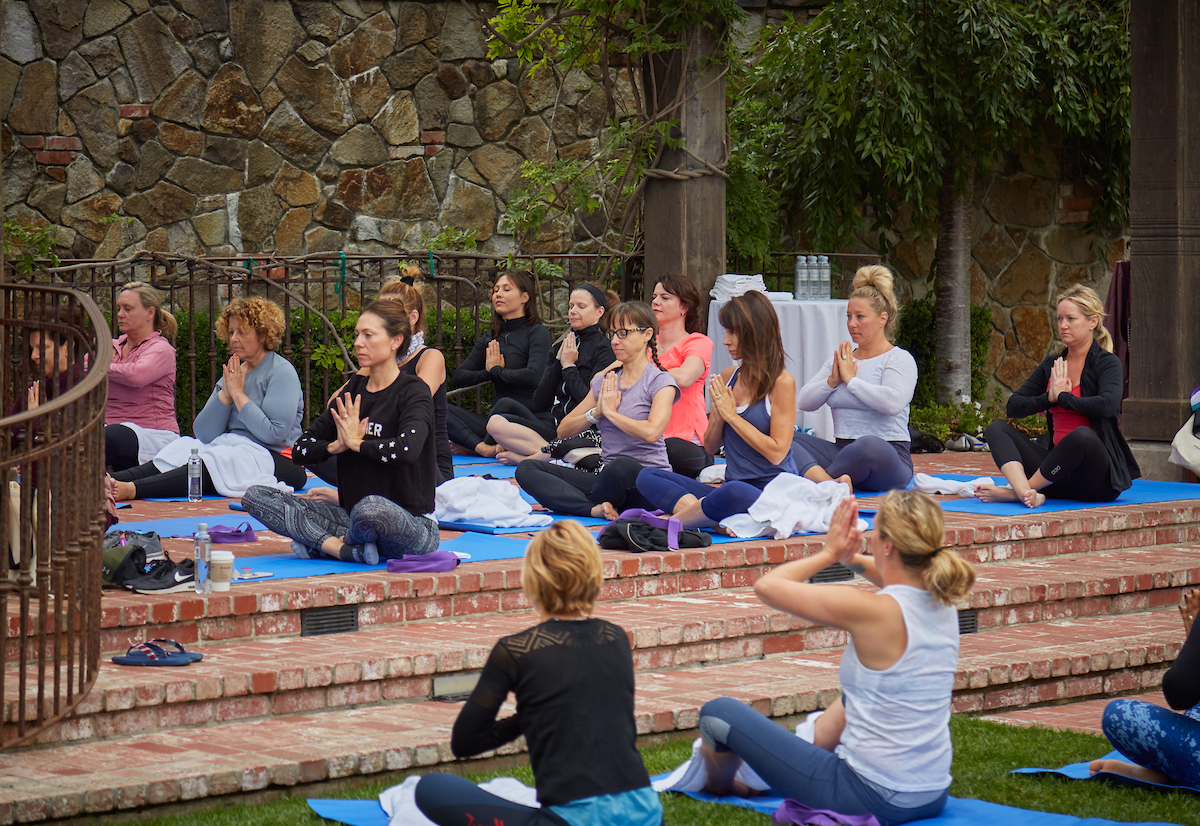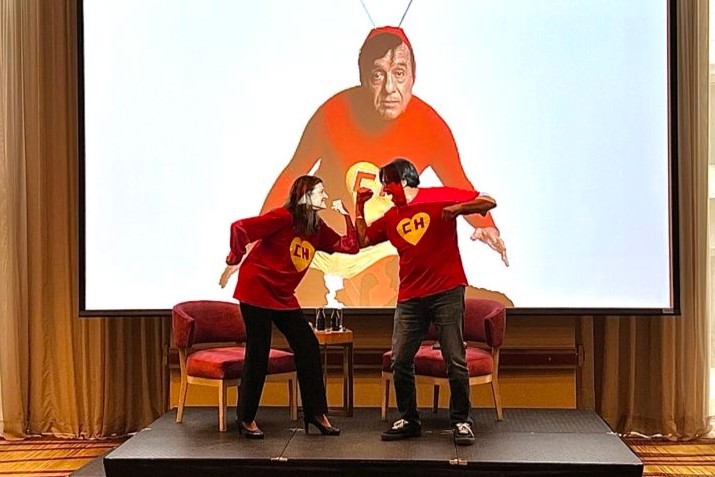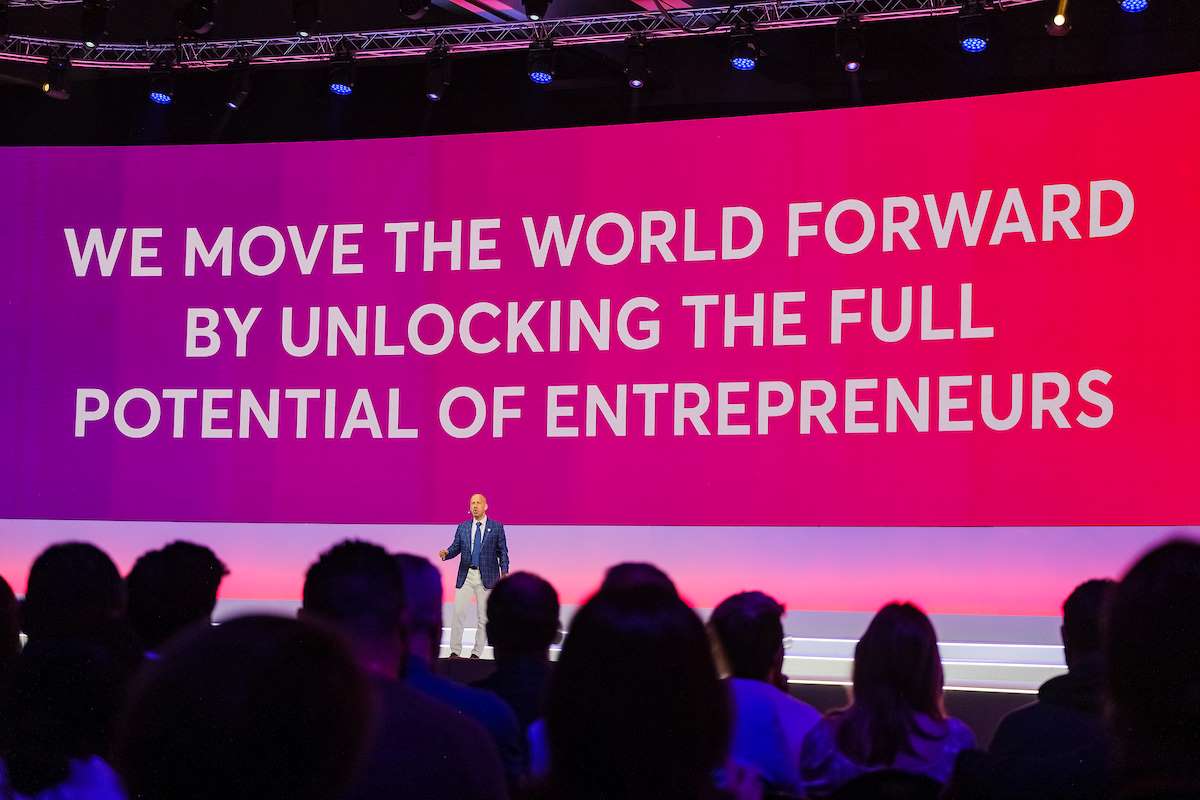
How to Make Your Corporate Wellness Program Truly Effective
Corporate wellness programs have become commonplace, with companies offering everything from gym memberships to meditation apps. Yet according to my interview with Tawn Williams, founder of corporate wellness firm House of Anaya, research shows that most such programs fail to get significant engagement and participation from employees. Surveys indicate that around 80% of employees typically do not take advantage of the wellness offerings provided by their company. This lack of impact and usage means that companies are getting very little return on their investments in workplace wellness initiatives.
So what can organizations do to make their corporate wellness efforts work? How can they design and implement programs that employees will actually participate in and benefit from? Here are three key best practices to keep in mind.
1. Start with Psychological Safety
First and foremost, companies must focus on creating an environment of psychological safety when it comes to wellness. Many employees are hesitant to take advantage of wellness offerings because they feel unsafe admitting they have any kind of mental health or other wellness challenges to deal with. They do not want to be stigmatized or perceived as “weak.”
Williams points out that managers in particular have an enormous direct impact on the mental health of their employees, even more so than family members or doctors. When managers regularly use language that normalizes and supports wellness practices, employees feel much safer taking time for activities like meditation breaks or yoga classes without fear of judgment.
In addition to psychological safety, companies also need to think about how they integrate wellness programming deeply into their organizational culture itself. Too often, wellness initiatives are introduced almost as an accessory or separate program, rather than incorporating wellness into the day-to-day culture. When this happens, employees are much more likely to see any wellness activities as extra work and tasks they must take on, rather than something truly meant to benefit them.
2. Encourage Participation
Improving any complex organizational system like a corporate wellness program takes time and concentrated effort. It is important for companies to realize they will not transform their wellness offerings overnight or see immediate sky-high participation. True culture change requires focus on reasonable milestones over multiple years. For instance, in the first year, focus on getting just 25% of employees to utilize one wellness offering per quarter. The next year, aim for 50% using two offerings per quarter, and continue ramping up until hitting 75% utilization in the third year. By setting realistic, incremental goals like these, companies can make steady and sustainable progress.
One impactful way to drive participation and focus on wellness is to incorporate it into formal performance management mechanisms. For instance, a certain percentage of a manager’s performance evaluation could be tied to how well they provide wellness opportunities for their team and model beneficial practices themselves. Bonuses for meeting wellness targets could be implemented. There are many creative ways to signal that wellness is a central priority by linking it to other performance metrics managers care about.
3. Address Cognitive Biases
One major challenge in improving corporate wellness programs is addressing common cognitive biases that get in the way. Two biases that play a particularly strong role are loss aversion bias and status quo bias.
- Loss aversion bias causes employees to perceive potential losses from wellness activities as psychologically worse than the gains. For example, an employee may see meditating during a lunch break as “losing time” to work rather than gaining calmness. To combat loss aversion, companies need to frame wellness practices as reducing losses (like burned-out productivity) rather than taking away time.
- Status quo bias leads both managers and employees to irrationally favor sticking with the normal routine over trying wellness practices. Even when employees say they want wellness options, status quo bias causes inertia. Companies can overcome status quo bias by making small wellness habits very simple to initiate (like one-click app sign-ups) and rewarding experimentation with wellness offerings rather than perfect participation.
Understanding cognitive biases at play allows companies to intentionally design nudges and incentives that encourage overcoming natural mental obstacles to using wellness programs.
Reframe Workplace Wellness
The path to successful and impactful corporate wellness programming requires reframing workplace wellness as a true organizational core value rather than a discardable initiative. Following practices focused on integration, safety, accessibility, and continual improvement creates the cultural shift necessary for employees to fully benefit from and embrace workplace wellness.
Investing in holistic wellness across all elements of the employee experience provides tremendous rewards for both companies and their workforce when executed with intention and commitment over the long-term.
Contributed to EO by Dr. Gleb Tsipursky, who helps leaders use hybrid work to improve retention and productivity while cutting costs. He serves as the CEO of the boutique future-of-work consultancy Disaster Avoidance Experts. He is the best-selling author of 7 books, including the global best-sellers Never Go With Your Gut: How Pioneering Leaders Make the Best Decisions and Avoid Business Disasters and The Blindspots Between Us: How to Overcome Unconscious Cognitive Bias and Build Better Relationships. His newest book is Leading Hybrid and Remote Teams: A Manual on Benchmarking to Best Practices for Competitive Advantage. His expertise comes from over 20 years of consulting, coaching, and speaking and training for Fortune 500 companies from Aflac to Xerox, and over 15 years in academia as a behavioral scientist at UNC-Chapel Hill and Ohio State. A proud Ukrainian American, Dr. Gleb lives in Columbus, Ohio.
For more insights and inspiration from today’s leading entrepreneurs, check out EO on Inc. and more articles from the EO blog.









